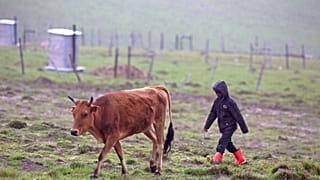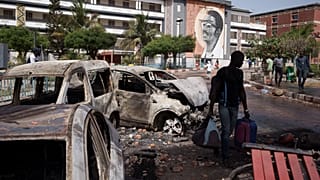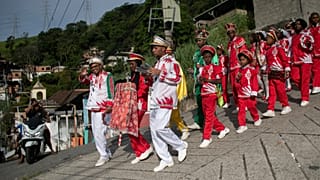Brazil
Deep in Brazil’s Caxiuanã National Forest, a young Amazonian manatee named Bacuri is becoming a symbol of both ecological fragility and hope. Rescued as an orphaned calf weighing just 10 kilograms (22 pounds), Bacuri is now thriving thanks to a coalition of environmentalists and researchers working tirelessly to restore the species.
The Amazonian manatee—once hunted for its hide and now threatened by climate change and illegal poaching—is listed as vulnerable by the IUCN. Its greatest predator is not a jungle creature but humans. “These calves are orphaned because their mothers were hunted,” says Renata Emin, president of Bicho d’Água. “Every animal lost now has a critical impact on the population.”
Bacuri’s care is shared by three institutions: the Emílio Goeldi Museum, the Chico Mendes Institute for Biodiversity Conservation, and the Bicho d’Água Institute. His rehabilitation has taken years, requiring thousands of bottles of milk and a strict diet of chopped vegetables. Once Bacuri transitions fully to plant-based food, he will be moved to a river enclosure before his eventual release—making him the first manatee to be reintroduced in the Caxiuanã area.
But it’s not just science that will secure the manatees’ future—it’s community. Children from riverside villages are brought to the research station to learn about Bacuri and the species’ plight. “There’s no better way to start conservation dialogues than through children,” says Tatyanna Mariúcha, coordinator of the Ferreira Penna Scientific Base. “They become messengers, spreading awareness to their families.”
While subsistence hunting is no longer a major threat, illegal trade persists, and climate change is tightening its grip on the Amazon’s delicate ecosystem. Yet, through education, research, and a growing connection between people and the wildlife around them, Bacuri’s survival is lighting the way for the Amazonian manatee’s future.










02:05
Nigeria's strategy to combat illegal logging and poaching
02:20
Afro-Brazilian festival celebrates faith, heritage and resistance in Ouro Preto
01:01
Police clash with Flamengo fans in Rio during Copa Libertadores parade
02:43
"Tamujuntu": where South Africa and Brazil meet in dance
01:17
Afro-Brazilians in Rio celebrate their history and culture on Black Consciousness Day
01:49
Indigenous protesters halt COP30, demand seat at table in Amazon standoff